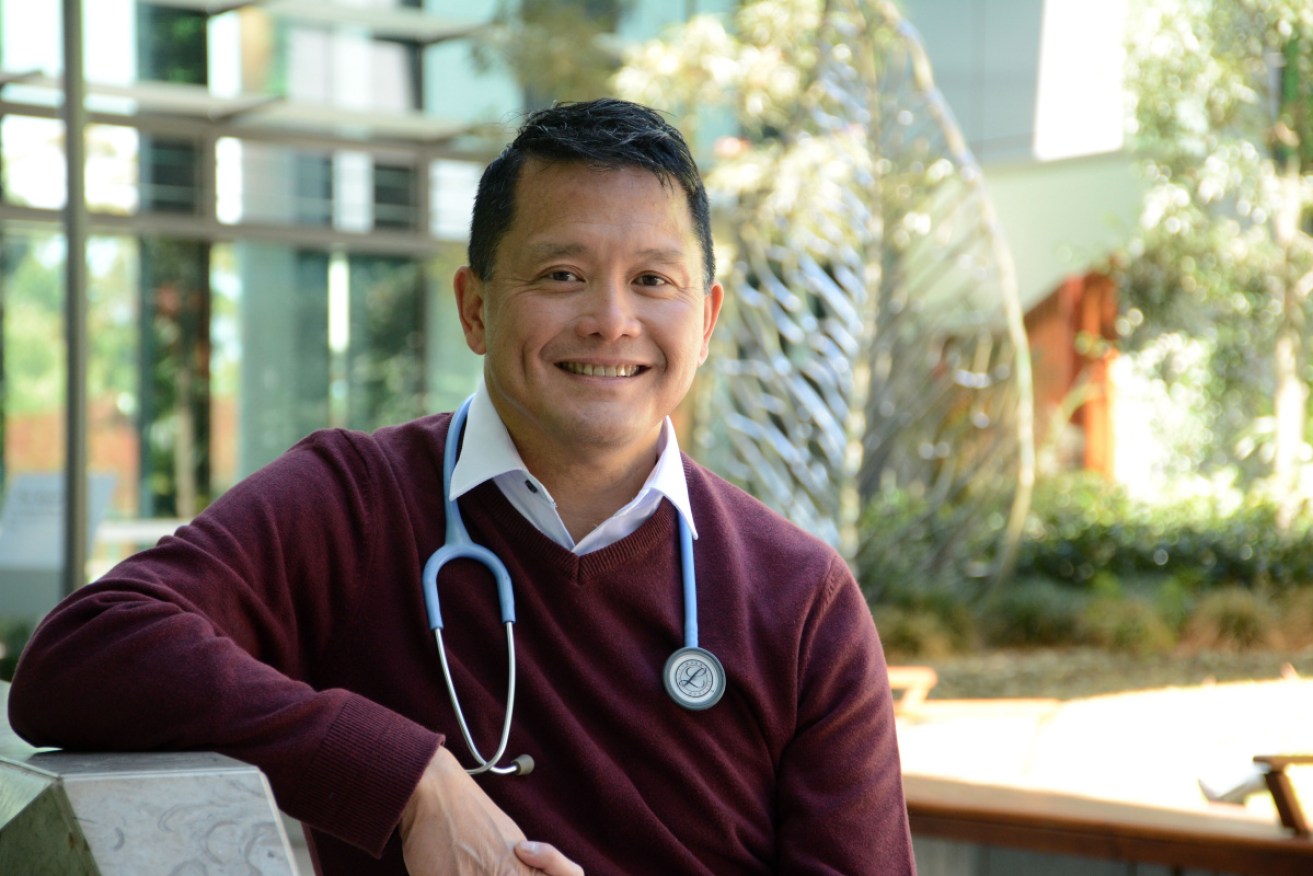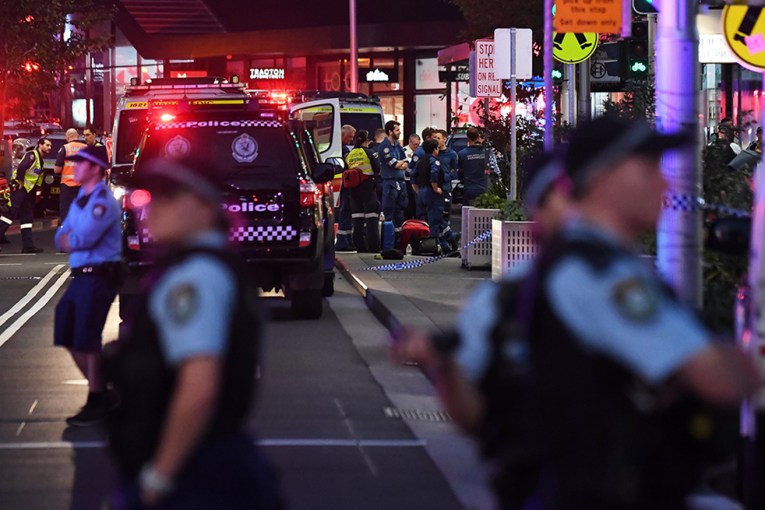The new reality: Scratchy throat? Call your doctor at the first sign


Dr Chris Moy, this week's guest at the Covid Conversation podcast, is Chair of the AMA Ethics and Medico-legal Committee. Photo: AMA
This week’s Covid Conversation looks at how many patients have abandoned their doctors during the coronavirus crisis, neglecting their health and putting themselves at risk.
Billings at GP clinics have reportedly been down an average 25 per cent.
A thousand general practice nurses have been let go, and two-thirds of them have had their hours cut. There are fears those nurses will never come back.
Some practices are only keeping afloat because of the government’s JobKeeper welfare program. Some clinics have, in fact, shut down.
The reasons for this are simple
Regardless of plentiful good intentions, GP clinics were suddenly less friendly places to visit. In fact you couldn’t get into many of them without having your temperature taken first and then, if it was up, being sent to the car park to be tested for the virus.
But really, people, many with chronic conditions, were too afraid of getting sick with the virus if they were to visit their doctor.
Dr Chris Moy understands that fear.
“I was afraid too, everybody was afraid,” he says at the Covid Conversation.
Dr Moy is an Adelaide GP and the Chair of the Federal AMA Ethics and Medico-legal Committee.
In conversation, we talked about how telehealth will become more deeply embedded in the health system, but also about some of the stories where telehealth had gone embarrassingly wrong:
A four-minute consultation with a chat bot cost a senior health bureaucrat $73 — and didn’t he raise the red flag on that one.
We also talked about a tele-consult that went fatally wrong: a woman’s opiate medication was bumped up in a phone call. She soon after died from an overdose, and the coroner said much of the blame lay with remote consultation.
(The Medical Board of Australia, in a statement to Australian Doctor, have warned doctors that the limitations of telehealth can be no excuse for poor care and patient complaints will be judged under the same criteria used for face-to-face consultations.)
GPs back in the front line
The message Dr Moy most wanted to communicate was that GPs were “the fourth pillar” in the process of containing COVID-19.
The first three pillars, he said, involve making sure that:
- The hospital system is ready if and when case numbers go up.
- Contact tracing and monitoring are operating at a high level;
- We’re getting “social distancing rules and regulations right, in line with the ability of the community to really stick to them. We really need that.”
“The fourth, critical pillar is something that’s been missed in all this,” Dr Moy said. “General practice is going to be the front line for keeping (the virus) under control.
He said the job of GPs in the next stage, until a COVID-19 vaccine or comprehensive treatment becomes available, will be to convince patients that at the first hint of respiratory trouble they must get tested.
He said Australians needed to get a new way of thinking: that there is no such thing as “just a scratchy throat or runny nose.”
He said: “The new normal will be, if you’ve got a scratchy throat or a runny nose, anything like that, you don’t go out, you call up your doctor, and you get them to arrange a test for you.
“That’s how we’re going to contain this.”
In other words, as has been repeatedly made clear, it is up to ordinary Australians to bring COVID-19 to a stop. We’ll see.








